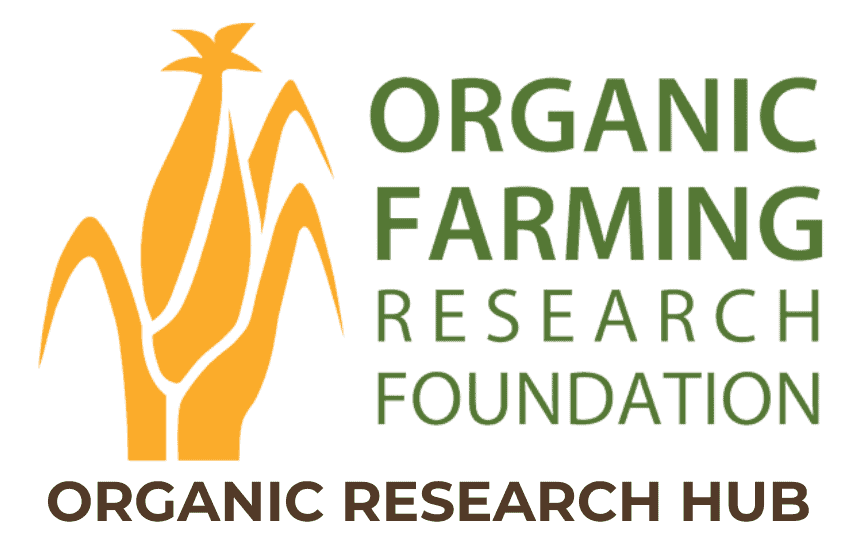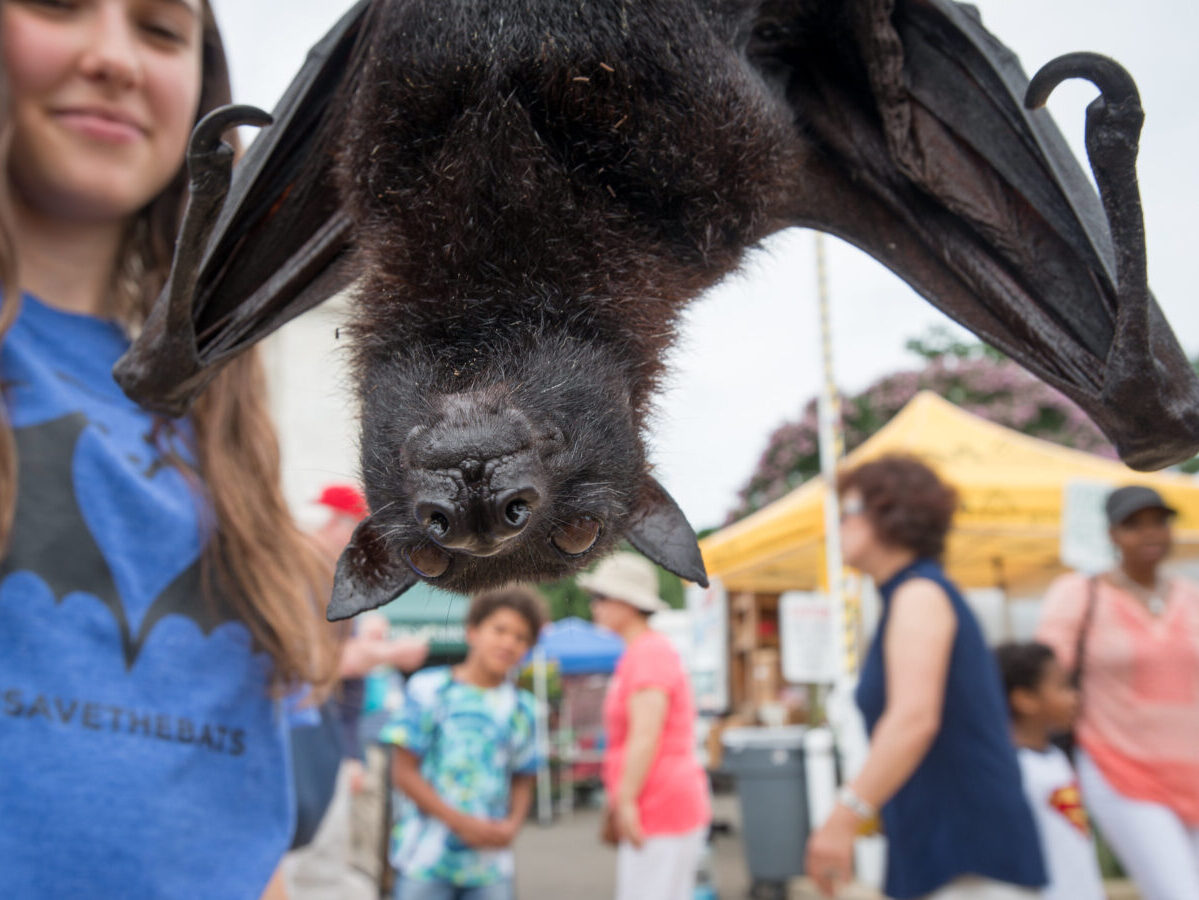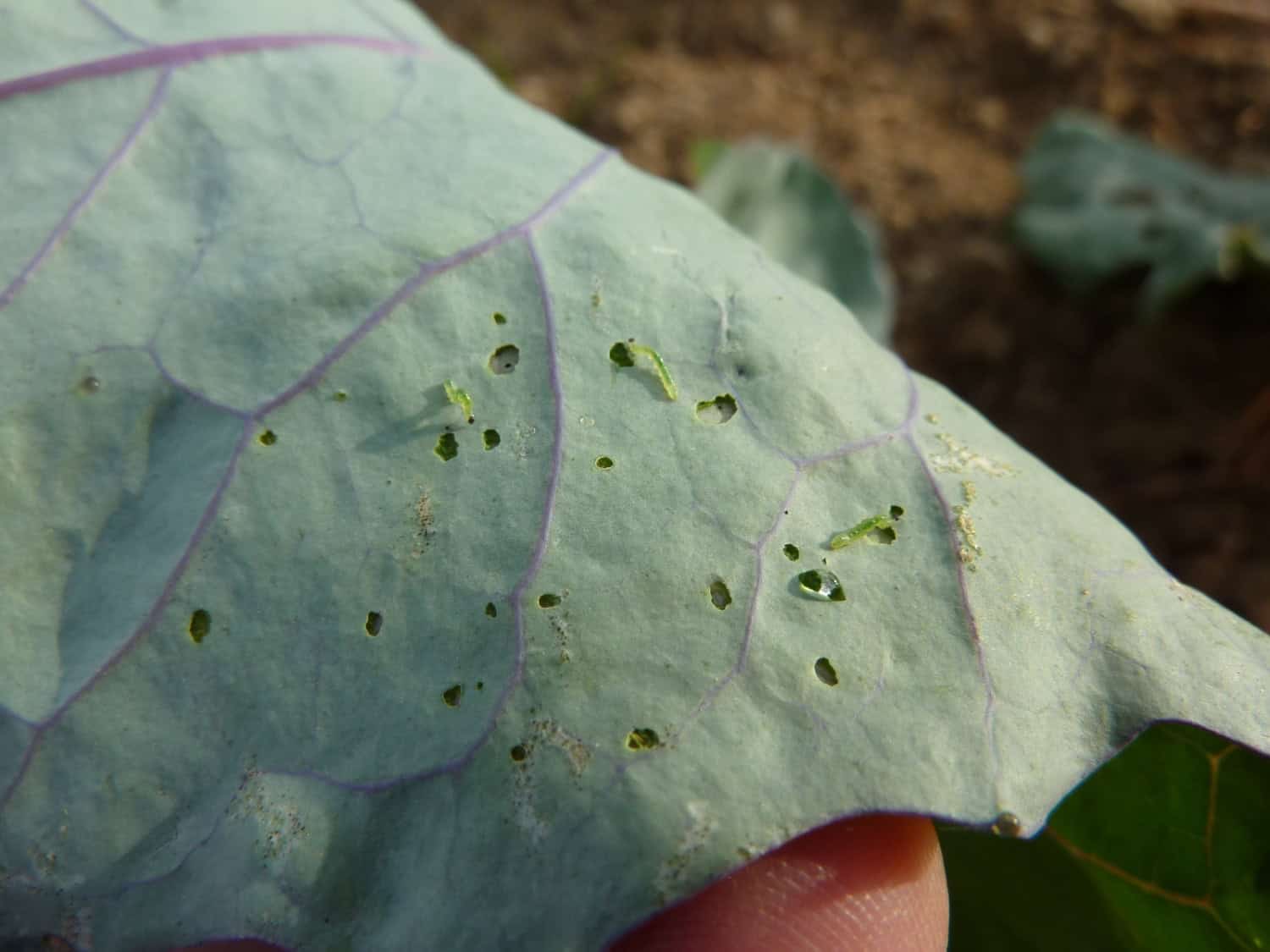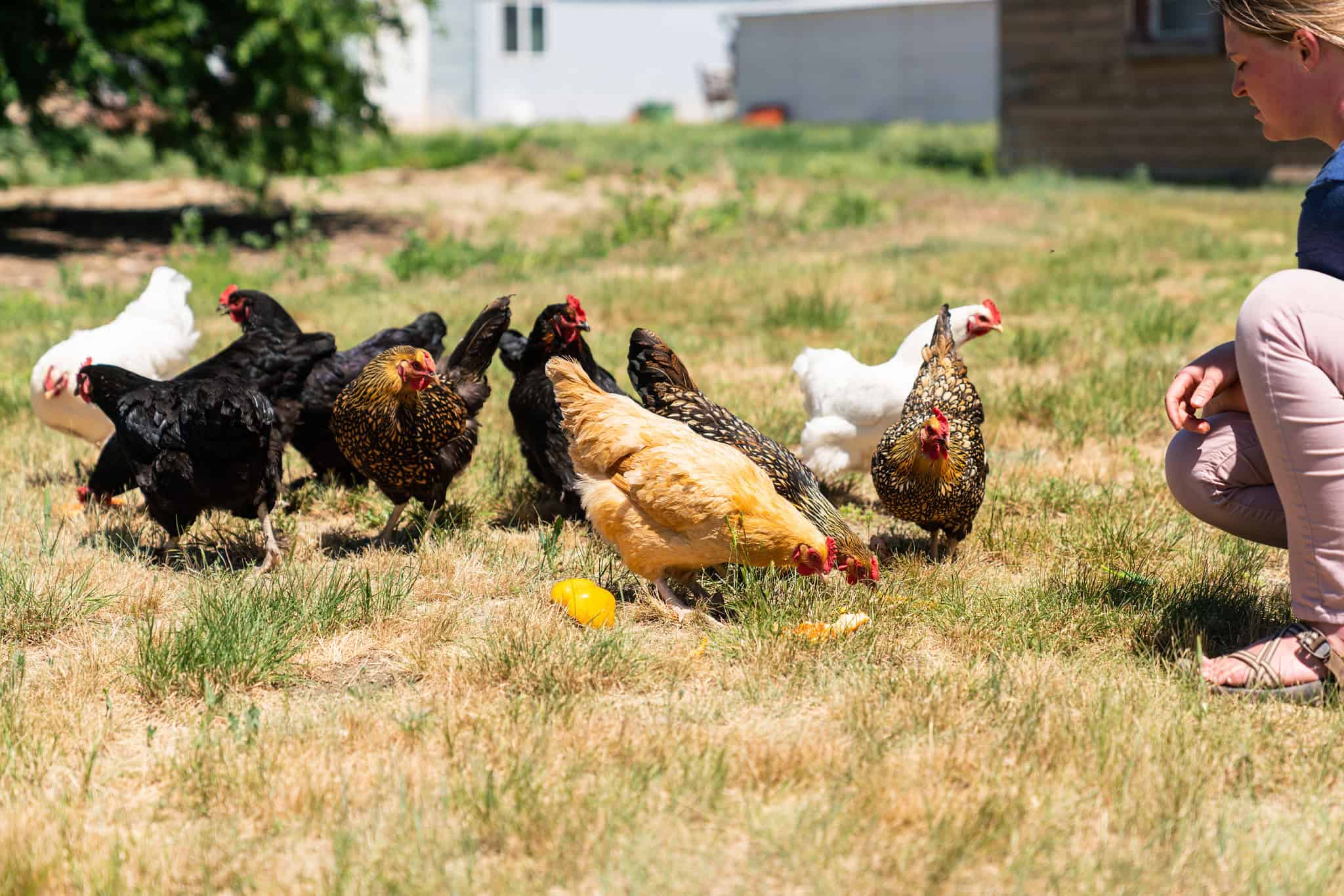Integrating songbird conservation and insect pest management in organic California vineyards
Julie Jedlicka, University of California-Santa Cruz

By establishing nest boxes in vineyards, organic growers can create suitable breeding habitats for native songbird populations, particularly the Western Bluebird. These bluebirds rely on insects for food and serve as important natural predators of vineyard pest species.
This study employed natural field comparisons, increasing bird populations through the installation of songbird nest boxes (the nest box treatment) and comparing these areas to control sections of California vineyards without nest boxes. To simulate a pest outbreak, sentinel pests (caterpillars and larvae) were introduced throughout the vineyard and how efficiently the birds removed these pests in the different treatments was measured.
The introduction of songbird nest boxes led to a notable increase in the abundance of insectivorous birds, especially the Western Bluebird. Data gathered during the simulated pest outbreak demonstrated a significant predatory effect of these birds, not only immediately near the occupied nest boxes but also at randomly selected points throughout the vineyard treatment area. Therefore, the presence of occupied nest boxes benefits the vineyard and provides ecosystem services to winegrape growers by enhancing pest control.
Region
Western
Topic
Conservation and Habitat, Insect/Pest Management
Category
Tree and Vine Crops
Date Range
2001-2010
Funding Amount
$15,000
Funding Year
2008Location
Santa Cruz, California



